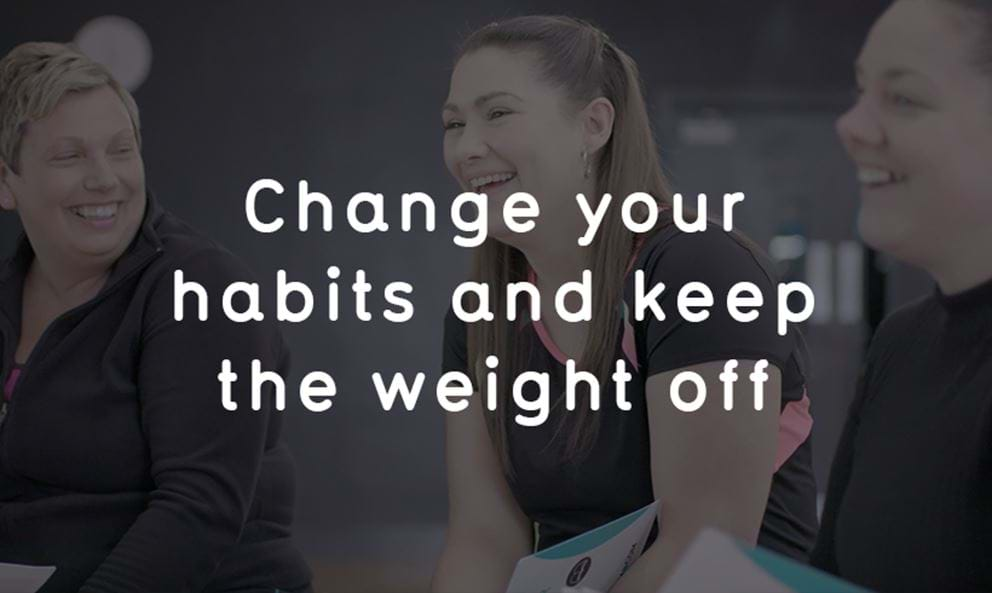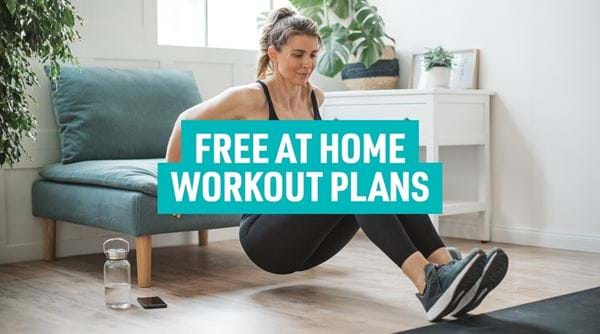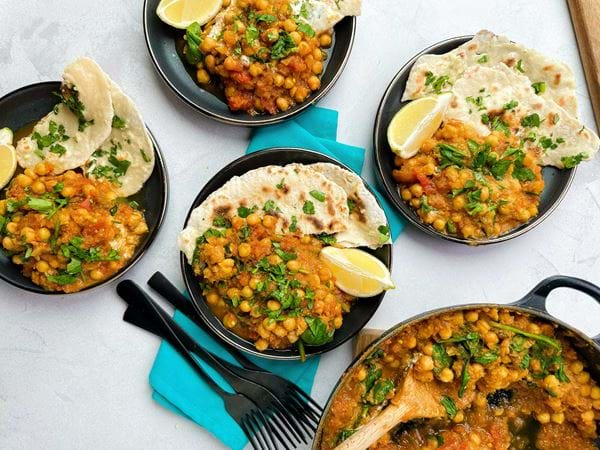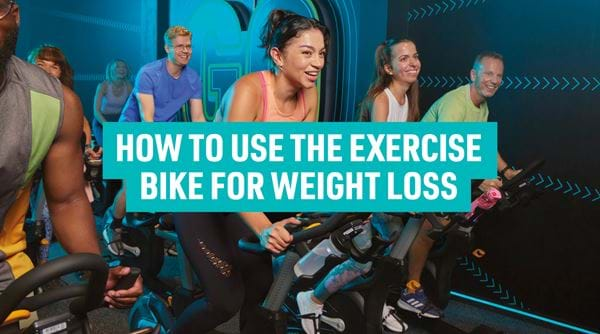Change your habits and keep the weight off

Losing weight and keeping it off can be tough – and not because you need to learn to live on a diet of kale smoothies. It’s tough because it requires changing your habits around food, bit by bit, until you end up with a sustainable lifestyle which keeps the pounds off.
That’s the entire emphasis of our “Pure Loser” weight loss course. Encouraging manageable lifestyle changes for losing weight and keeping it off.
Proper weight loss is a marathon, not a sprint. The research is pretty clear that extreme diets are likely to fail in the long term, and are even likely to cause you to end up weighing more than you did at the beginning, due to the constant cycle of starvation and overeating.[1]
At least one 2007 study suggests that between one and two-thirds of all dieters eventually regain more weight than they ever lost.[2]
Forget about starving yourself fit in time for summer. Here’s a look at some of the principles you can use to turn yourself into the kind of person who not only loses the weight, but keeps it off.
Habit trumps all
“We are what we repeatedly do. Excellence, then, is not an act, but a habit.”
You’ve probably read that quote by Will Durant (not actually Aristotle, sorry guys) somewhere before. Probably on at least one motivational poster.
And it’s true. Eating one pizza doesn’t ruin your diet. Just like eating healthy for a week or two, or even a month, doesn’t mean you’re healthy for life.
It’s what you repeatedly do – your habits – that determine who you ultimately are. Random, irregular bursts of action rarely make a big impact.
All professional athletes depend on dietary, training and lifestyle habits to keep them at the peak of their game.
All great authors have developed powerful habits surrounding how they write, read, edit, and structure their lives.
Your weight loss goals are no different. Don’t view losing weight as a single great task you have to accomplish – view it as a lifestyle and habit shift.
At the end of the day, it’s about becoming the kind of person who just “naturally” maintains a healthy weight.
Going forward, think about what kind of habits you want to develop to become that kind of person, and which ones are holding you back and need to be replaced. This is bigger than any specific goal – it’s about your whole life.
Being kind to yourself helps
One of the key reasons why extreme diets fail – and often fail so spectacularly – is that they’re pretty much a form of torture.
If you’ve been eating 1,000 calories a day under maintenance, all in the form of cold soup, for months at a stretch, it’s hardly surprising if you eventually turn around and gorge yourself on pizza, ice cream, and steak.
The philosophy between all extreme diets – whether it’s ever said outright or not – is basically “you’ve got to suffer to thrive, it’s good for you.”
But constant suffering isn’t a sustainable long-term lifestyle strategy, and it’s definitely not a good way to end up enjoying your life.
Instead of just treating your weight loss journey like some brutal trial where failure will not be tolerated, and the weak get left behind, try a bit of self-compassion. It’s been scientifically shown to improve mental resilience, among other things. [3]
Start to view weight loss as a consequence of the right lifestyle choices and habits. Choices and habits that you have to carefully install piece by piece, so they stick. Like a puzzle.
And instead of taking up a diet which you hate because it promises quick results, take a long-term approach to your diet. Begin by reducing and removing processed foods and sugar. Start tracking your daily calories with MyFitnessPal.com or a similar tool. Allow yourself one day each weekend as a diet “cheat day” where you can bend or break the rules.
Take things one step at a time, but make sure that you enjoy the ride. Everything will work out better if you do.
Take a DIY approach
Harry Balzer, an expert on food and diet trends, suggests one simple habit shift that can completely overhaul your relationship with food:
Eat whatever you want, whenever you want, whether it’s chocolate chip cookies, ice cream, cheesecake, hamburgers, whatever… just as long as you prepare it all yourself, using whole food ingredients, from scratch.
Applying a DIY ethos to cooking is one of the best ways of reducing the amount of junk food in your diet. Let’s face it, baking a cake, or preparing your own ice cream, takes time, effort and planning.
Even if you manage to motivate yourself to make that cake every once in a while – it’s not likely to be often. Your sense of guilt will probably cause you to think twice before you’ve even finished shopping for all the ingredients.
That’s just one benefit of the DIY approach.
Another major benefit is that DIY eating immediately cuts out all processed foods from your diet -- and that alone is one of the greatest steps you could possibly take for your weight loss, health, and fitness goals.
Consider the fact that high fructose corn syrup (HFCS) is found in all kinds of pre-prepared food products, ranging from yoghurt to breakfast cereal, juice to loaves of bread. Then consider the fact that HFCS is one of the unhealthiest things you could ever be eating, and a sure-fire way to ruin your fat loss efforts, with volumes of research linking it to obesity[4], diabetes[5], metabolic syndrome [6]and more.
Now consider the fact that a DIY whole foods diet will eliminate this hidden killer altogether.
Knowledge is power
Whether you’re aiming to lose weight or tone up, it can be easy to get purely focused on achieving the end goal, without appreciating the benefits from educating yourself to eat and train smart in the process.
Getting educated on how to stay fit in the first place will allow you to make informed decisions, leading to proper nutrition and training which will enable you to smash your fitness goals. The great thing is that, once you have the knowledge, it’s with you for life.
It’s because we know that knowledge is power that we run our ‘Pure Loser’ course. It’s an education in how you should eat and train to lose weight, and you’ll be provided with documents weekly to support your learning. Taking the time to read and learn from this will help spur on your progress.
Among these documents are nutrition guides by industry expert Ben Coomber. From the ‘Meal Prep Book’ to the ‘Guide to Portion Sizes’ and ‘Sunday Batch Cooking’ this course is tailored to give you the knowledge required to hit your goals.
The aim is to educate you on a flexible approach to ensuring the foods you love are still in your diet, but that you understand how to fit them in in order to achieve your weight loss goal at the same time.
[1] http://pediatrics.aappublications.org/content/112/4/900.long?sso=1&sso_redirect_count=1&nfstatus=401&nftoken=00000000-0000-0000-0000-000000000000&nfstatusdescription=ERROR%3a+No+local+token
[2] https://www.ncbi.nlm.nih.gov/pubmed/17469900
[3] https://www.ncbi.nlm.nih.gov/pmc/articles/PMC2914331/
[4] http://ajcn.nutrition.org/content/79/4/537.full
[5] https://www.ncbi.nlm.nih.gov/pubmed/23181629
[6] https://www.ncbi.nlm.nih.gov/pubmed/20424937


